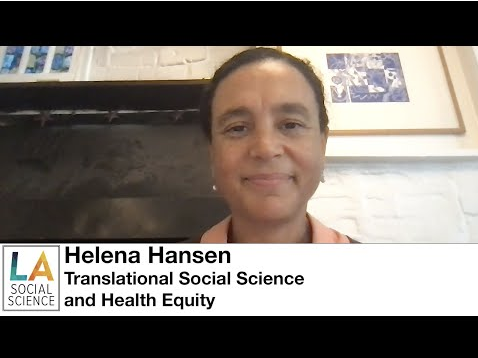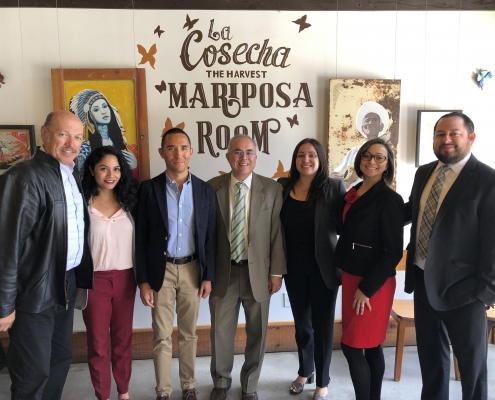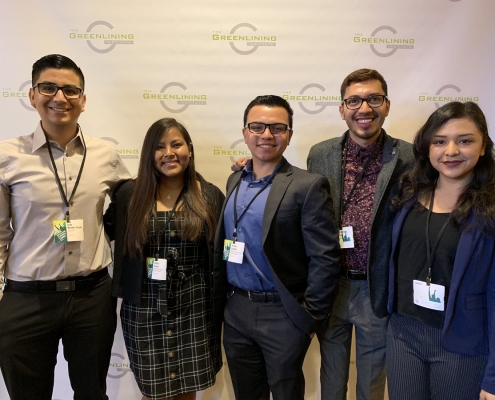Posts

Advancing Data Equity for Latino Communities
In a step towards advancing data equity for underserved communities…

LA Social Science Presents “Conversations With Changemakers” Featuring Dr. Helena Hansen Discussing the Center for Social Medicine and Humanities
LA Social Science interviewed Dr. Helena Hansen, an MD, Ph.D.…

LA Social Science Summer Course Previews: Asian American Studies Department Courses in 2020
As summer 2020 approaches, LA Social Science will be highlighting…

Open Letter on Inequities and the COVID-19 Response
Professors Chandra L. Ford (UCLA), Bita Amani (Charles Drew…

Informing Policy in Real Time: UCLA LPPI in Sacramento
By Celina Avalos and Sonja Diaz On May 20, 2019, the UCLA…

Health, Wealth, & Power: A Student’s Perspective
By Vianney Gomez and Celina Avalos As policy fellows with…

We Need Social Sciences to Understand Disease Patterns
By Kayuet Liu Associate Professor, UCLA Sociology Affiliate,…

